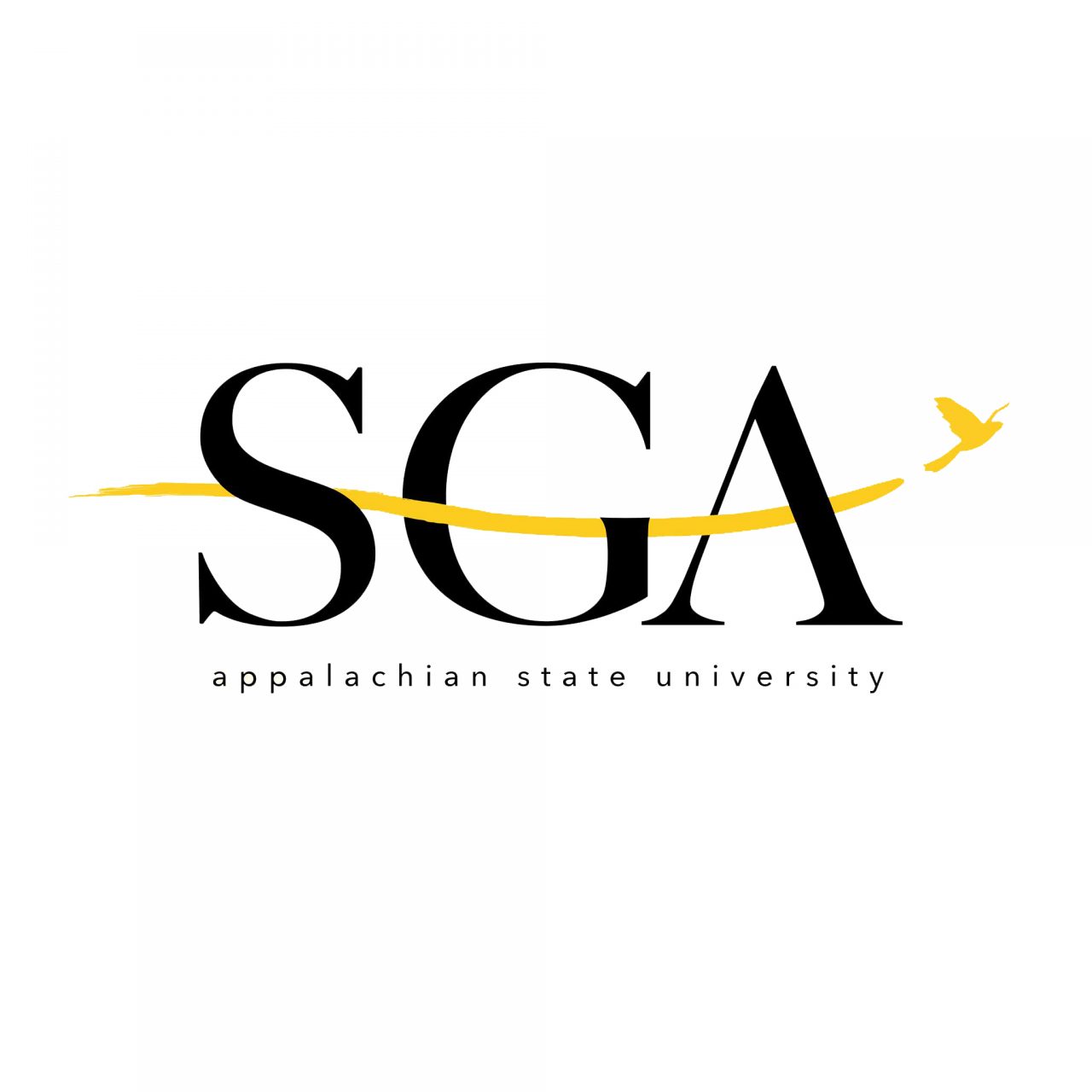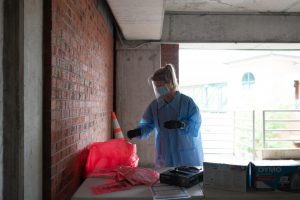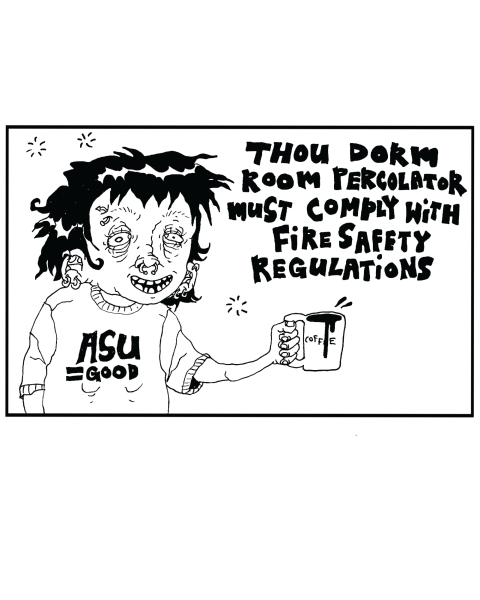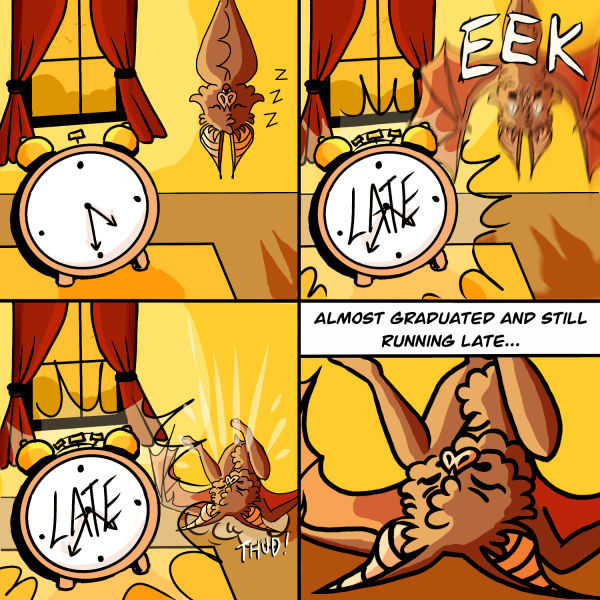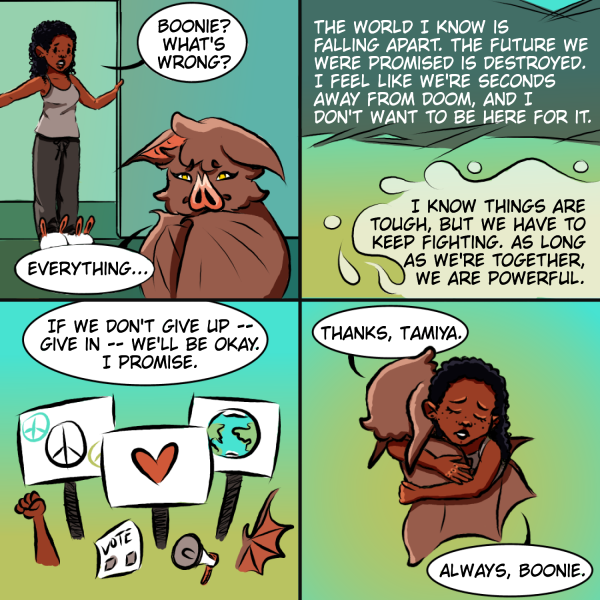SGA Town Hall addresses student concerns amid pandemic, racial tension
November 14, 2020
SGA committees addressed concerns such as COVID-19, the Black at App State Collective, campus climate after the election and concerns about Greek life Thursday night during SGA’s annual town hall.
Town hall is an event in which students can express concerns, ask questions and have a dialogue about a variety of topics related to campus.
“How do we harness the power to keep people safe and to make sure we’re having inclusive conversations? We want to have conversations with people who are not a part of SGA,” said Korbin Cummings, SGA director of diversity and inclusion.
Diversity and inclusion was a large part of the discussion, including COVID-19, its impact on marginalized communities and Black at App State concerns.
Zane Johnson shared that Black Appalachian Student Ambassadors are not currently giving tours due to their solidarity with Black at App State. Johnson is one of those ambassadors.
“We are the face of App State for prospective students, we are the first people that they see, we are sometimes the deciding factor,” said Johnson, conference coordinator for SGA. “If I don’t feel comfortable speaking at a university that I don’t feel safe in, to me it is counterproductive. This is way more serious than giving tours.”
Johnson said one problem with the centers in Plemmons Student Union is that students feel that areas such as the Women’s Center, Henderson Springs LGBT Center and the Multicultural Center felt that it was off-limits to men, heterosexual individuals and white people.
Black students at the LGBT Center are in the process of creating the organization Queer People of Color to create more inclusion for people of color who identify with the LGBTQ+ community.
The Wellness and Student Affairs committee wrote a bill to bring more counselors of color and those from diverse backgrounds to App State. The committee will also be working to expand access to menstrual products on campus.
Black Student Association executive board member, Olivia Shepard said that too much pressure is placed on Black students to represent the entire Black community at App State.
“Burnout is real. Often times, just to help the cause because we feel that if nobody else will do it, we have to do it,” Shepard said.
Shepard says she would like to see more push from white faculty members, along with Black faculty, and feels that it needs to be a more collective effort.
Student organizations, such as the Black Student Association, have been one of the main organizations for Black students at App State.
Cummings said other organizations, such as SGA, rely on the few Black members of a primarily-white organization at a primarily-white school to represent the issues of all people of color at App State.
“It’s tokenizing. They’re tokening Black students in these organizations. It feels like nothing actually gets done,” Cummings said. “We’ve had plenty of conversations. These are continuous issues, but literally nothing is getting done about them.”
Other topics of discussion related to COVID-19 related to mental health, food insecurity, academic affairs as well as Greek life.
Hudson Cobb, SGA director of Greek Relations, discussed COVID-19’s impact on Greek life, such as internal and external issues.
Students who did not want their identity shared also spoke and said they feel there is bias towards Greek organizations following clusters in a number of fraternities. There have been some concerns for possible fraternity parties.
“A lot of students expressed their concern due to being labeled clusters. This causes negative bias to Greek lettered organizations,” Hudson said. “In reality, we should be celebrating their work to get their members tested and report it to the school.”
COVID-19 has also led to a halt of a majority of all other organizations’ regular functions, as many organizations and clubs have used alternative online methods of meeting.
SGA welcomed any students who were unable to attend the town hall to reach out directly with concerns.

